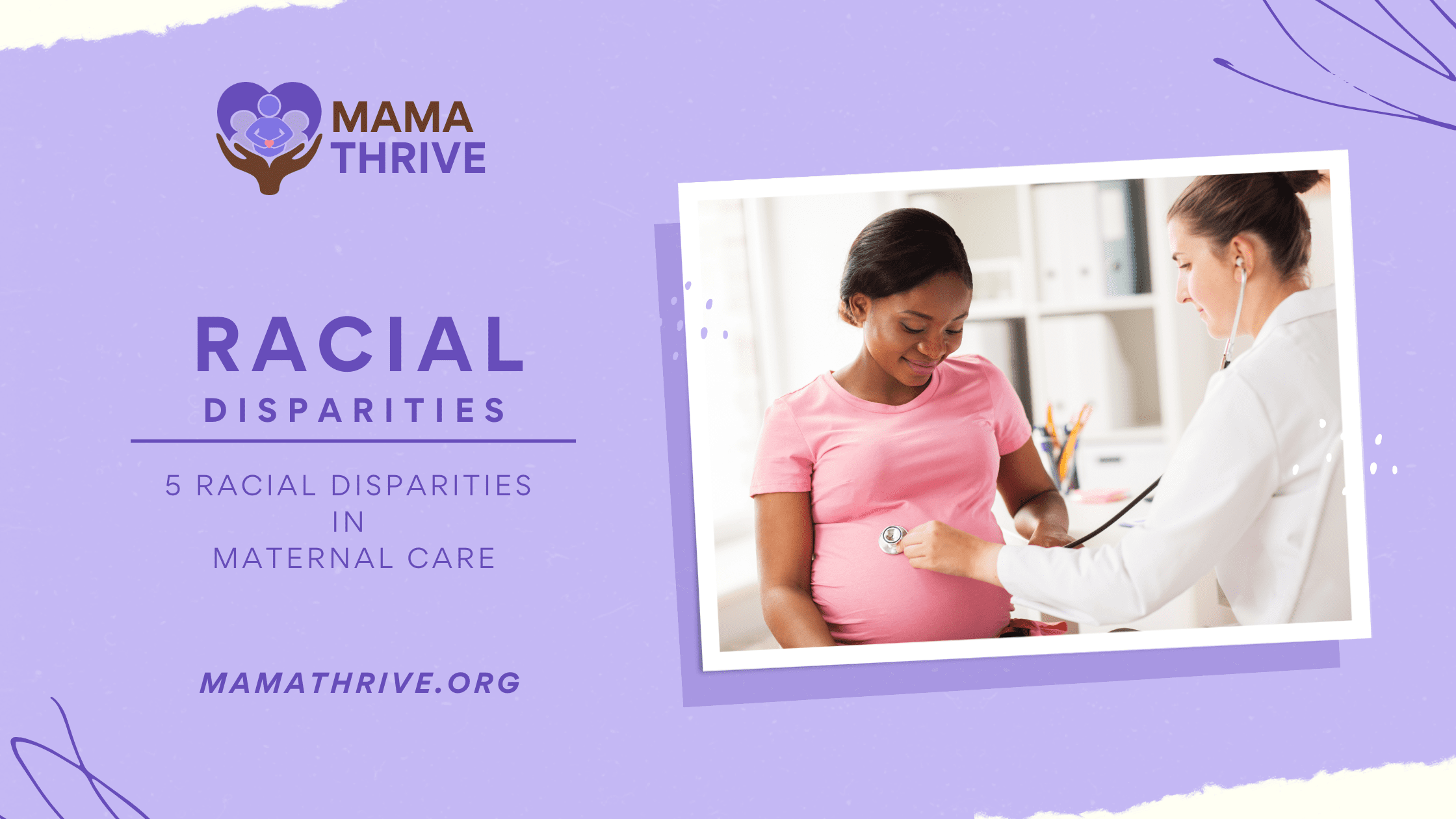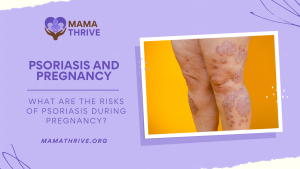There are significant racial disparities in maternal care in the United States. African American women are more likely to experience pregnancy-related complications and death than white women. Hispanic women also have a higher risk of pregnancy-related complications and death than white women.
These disparities are due to several factors, including socioeconomic status, access to healthcare, and racism. African American women are more likely to be poor and lack health insurance than white women. Hispanic women face the same dilemma.
African American women are more likely to receive poorer quality care than white women. They are also more likely to be treated disrespectfully by healthcare providers. Hispanic women are more likely to receive more indigent quality care than white women. Racism plays a role in these disparities as well.
Here are five racial disparities in maternal care that are prevalent in everyday scenario
- Childbirth Complications
Childbirth complications are health problems that can occur during pregnancy, labor, or delivery. They can range from mild to life-threatening.
Some of the most common childbirth complications include:
- preeclampsia
- eclampsia
- gestational diabetes
- premature birth
- postpartum hemorrhage
One of the most severe childbirth complications is birth injury. Birth injuries can occur when the baby is born too early, has problems breathing, or suffers a traumatic injury during delivery.
Black infants are more likely to suffer from birth injuries than white infants. This is partly because black women are more likely to experience pregnancy-related complications. Black infants are also more likely to be delivered by cesarean section, which can increase the risk of birth injuries.
Black infants are also more likely to die from birth injuries than white infants because black mothers are more likely to deliver their babies prematurely. Premature babies are at higher risk for birth injuries.
It is essential to address these disparities in maternal care so that all women have access to high-quality care. This will help reduce the number of maternal deaths and birth injuries among black women and their infants.
- Plain racism
Racism is a system of discrimination and prejudice based on race or ethnicity. It is used to advantage some people and disadvantage others.
Racism can be explicit or implicit. Explicit racism is when people are open and honest about their racist beliefs. Implicit racism is when people hold racist views but do not openly admit them.
Racism can take many forms, including employment, housing, education, and healthcare discrimination. It can also involve violence or hate crimes against people of color.
There is a clear link between racism and disparities in maternal care. Racism plays a role in the fact that African American women are more likely to experience pregnancy-related complications and death than white women. It also contributes to the fact that Hispanic women are more likely to experience these same problems.
Addressing the issue of racism is critical if we want to reduce disparities in maternal care. We must create an environment where all women can access high-quality care, regardless of race or ethnicity.
- Morbidity in Hispanic and Black women
There are many reasons why black women experience high morbidity in pregnancy. For one, they are more likely to have pregnancy-related complications than white women. These complications can range from mild to life-threatening.
Black women are also more likely to lack health insurance and be poor than white women. This makes it difficult for them to get the care they need. Racism plays a role in these disparities as well. African American women are more likely to receive poorer quality care than white women. They are also more likely to be treated disrespectfully by healthcare providers.
These disparities have serious consequences for women and their families. Hispanic women are more likely to lose their babies before they are born. They are also more likely to die from pregnancy-related causes than white women.
- Socio-economic inequities
One of the main reasons why maternal care disparities exist is a lack of healthcare access. This is especially true for minority women, who are less likely to have health insurance than white women.
Minority women are more likely to receive poorer quality care than white women. They are also more likely to be treated disrespectfully by healthcare providers. This makes it difficult for them to get the care they need.
- Teenage pregnancy among black mothers
Black mothers are more likely to become pregnant as teenagers than white mothers. This puts their infants at risk for many health complications.
Teenage pregnancies are more likely to result in premature births. Premature babies are at higher risk for birth injuries. They are also more likely to die from birth injuries than full-term babies.
Teenage pregnancies are also more likely to result in low birth weight babies. Low birth weight babies are also at increased risk for birth injuries and death.
It is essential to address these disparities in maternal care so that all women have access to high-quality care. This will help reduce the number of maternal deaths and birth injuries among black women and their infants.
Several things can be done to address racial disparities in maternal care.
- First, we must ensure everyone has access to high-quality healthcare. This means ensuring that everyone has health insurance and can afford to see a doctor.
- Second, we must ensure that everyone receives equal treatment from healthcare providers. This means addressing the issue of racism in the healthcare system.
- Third, we need to invest in research on maternal health. This will help us understand the causes of maternal deaths and birth injuries, and it will help us find ways to prevent them.
- Fourth, we need to provide support for new mothers. This includes providing paid maternity leave and affordable childcare.
These are just a few things that can be done to address racial disparities in maternal care. There is no one-size-fits-all solution, but it is clear that we need to take action if we want to reduce the number of maternal deaths and birth injuries among minority women and their infants.
MamaThrive is here to help.
Black women should understand their health well and the risks associated with pregnancy. They should be proactive in seeking information from their healthcare providers about staying healthy during pregnancy using an efficient telehealth program accessible 24/7. And MamaThrive gives accessible information and services to black women who require help and support in maternity care. Take your pregnancy as a high priority with MamaThrive as your partner!





